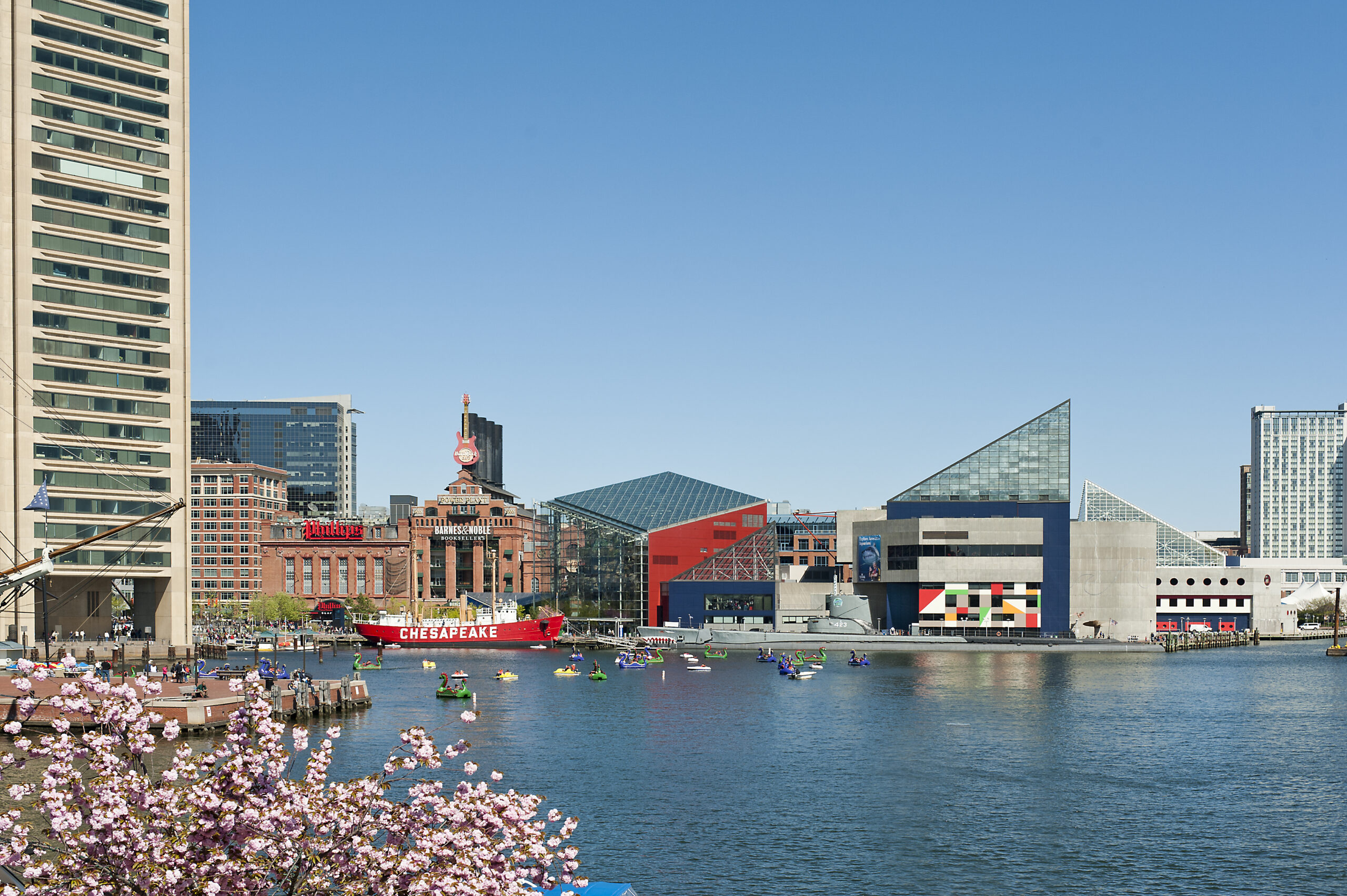On United Nations’ World Cities Day, School of Public Policy Professor John Rennie Short published a column in The Conversation about what he calls the “Third Revolution,” or urban resurgence of cities around the world and its uneven impacts on social and economic progress. He wrote that while some cities are seeing strong population growth, others are failing to attract new investment.
 “Industrial cities such as Baltimore or Detroit, unable to replace the defunct industrial and manufacturing jobs, continue to lose population and fail to attract investment. And housing affordability in the most desirable cities is a worrisome trend that threatens to exacerbate social inequalities,” Short explained.
“Industrial cities such as Baltimore or Detroit, unable to replace the defunct industrial and manufacturing jobs, continue to lose population and fail to attract investment. And housing affordability in the most desirable cities is a worrisome trend that threatens to exacerbate social inequalities,” Short explained.
In his column, Short also pointed to the decline of household sizes and the attraction of cities with more job opportunities and amenities, but balanced with economic costs: “Because we are now expected to do more in less time, time itself becomes more highly valued, adding to cities’ allure. The city is being turned inside out as the poor are displaced to the suburbs to spend more of their time commuting while the wealthier can devote more of their time to work and leisure such as visiting the gym.”
Even with many cities experiencing growth, Short wrote that there are many negative economic impacts to go along with it, especially as home prices and rents continue to climb: “The most obvious is the displacement of the poor from central cities, the suburbanization of poverty and the creation of cities divided by class and income as the rich take over the central city and the poor and middle-income are displaced to the suburbs…We should be building cities that are productive, competitive, sustainable, livable and fair. On World Cities Day, we should commit to building a more humane city.”
Read “Cities are booming but progress is uneven and, to some, too costly” in The Conversation.
Image: Baltimore Inner Harbor. Photo by Marlayna Demond ’11.
Tags: CAHSS, PublicPolicy

